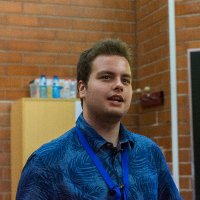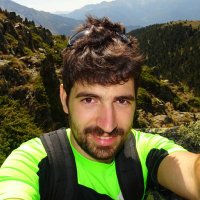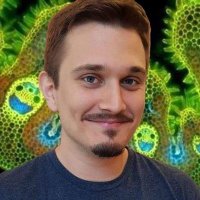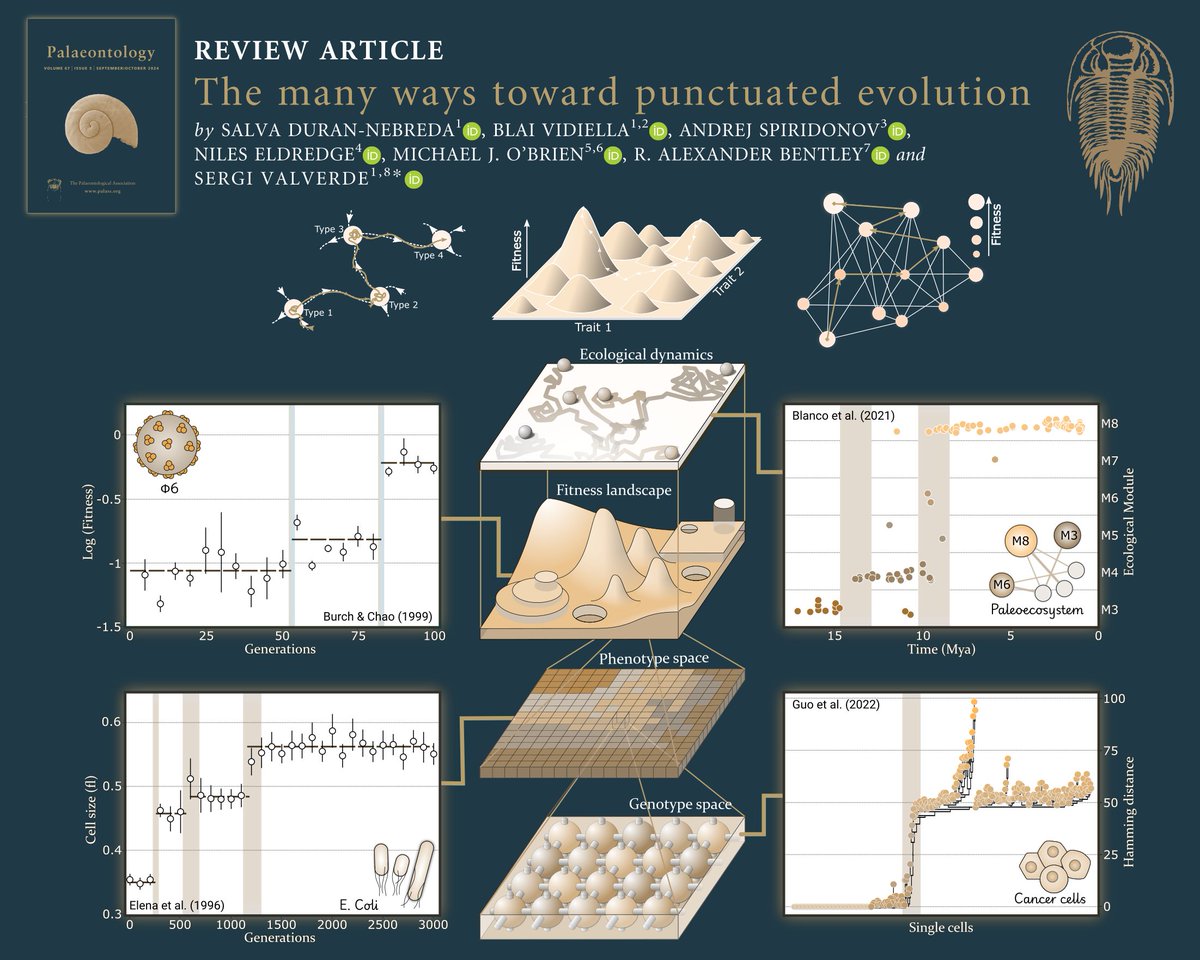
Jordi Pla
@jordiplam
jordiplam.com
ID: 833364004835844098
19-02-2017 17:13:56
298 Tweet
141 Followers
1,1K Following

Our project for experimentally testing planetary regulation (Lovelock & Margulis) on the test tube, using a synthetic microbial Gaian system (+1 PhD), has been funded by Agencia Estatal de Investigación. A great adventure that started at Santa Fe Institute 2 yrs ago with victor & Jordi Pla


What are the limits for engineering multicellular complexity? Can we create proto-organisms, new organs or new forms of MC intelligence? What can be predicted? Check our new paper with Nuria Conde, Jordi Pla Jordi Garcia Ojalvo Nuria Montserrat & Michael Levin preprints.org/manuscript/202……




What are the bounds of complexity in living systems? How can synthetic biology and bioengineering be used to interrogate emergent properties or information processing in cells & organisms? Check my conversation with Michael Levin Michael Levin youtube.com/watch?v=lTzBW_…



Is evolution predictable or highly contingent? This new Royal Society Publishing paper explains why life here & elsewhere might be universal regarding its logic, from molecular information & cells to viruses &ecosystems. Santa Fe Institute @philipcball Sean Carroll royalsocietypublishing.org/doi/10.1098/rs…



Excited to share latest work of Lab of Interdisciplinary Physics out in Physical Review Letters! We’ve taken a fresh look at ecological community dynamics by extending the generalized Lotka-Volterra (GLV) model to include temporal stochastic fluctuations in species interactions. Link: journals.aps.org/prl/abstract/1… 1/3




How can synthetic biology help us to explore ecological complexity? What kind of ecosystems can be designed? How can #synbio help us prevent ecological collapse? Chk our paper (+ cover :) victor Daniel R. Amor Jordi Pla Fernando T. Maestre Víctor de Lorenzo pubs.acs.org/doi/epdf/10.10…



What are the limits to engineering multicellular systems? Can we invent new organs or synthetic behaviour? We discuss these and other ideas in our latest paper with Jordi Pla Jordi Garcia Ojalvo Nuria Montserrat Michael Levin nature.com/articles/s4154…



C. acnes is the most abundant bacterium on human skin. But what if we could make it the smarterst? 🦠✨ In our new Cell-Systems study, we programmed C. acnes to actively protect the skin for therapeutic applications! 🛡️ authors.elsevier.com/sd/article/S24…











